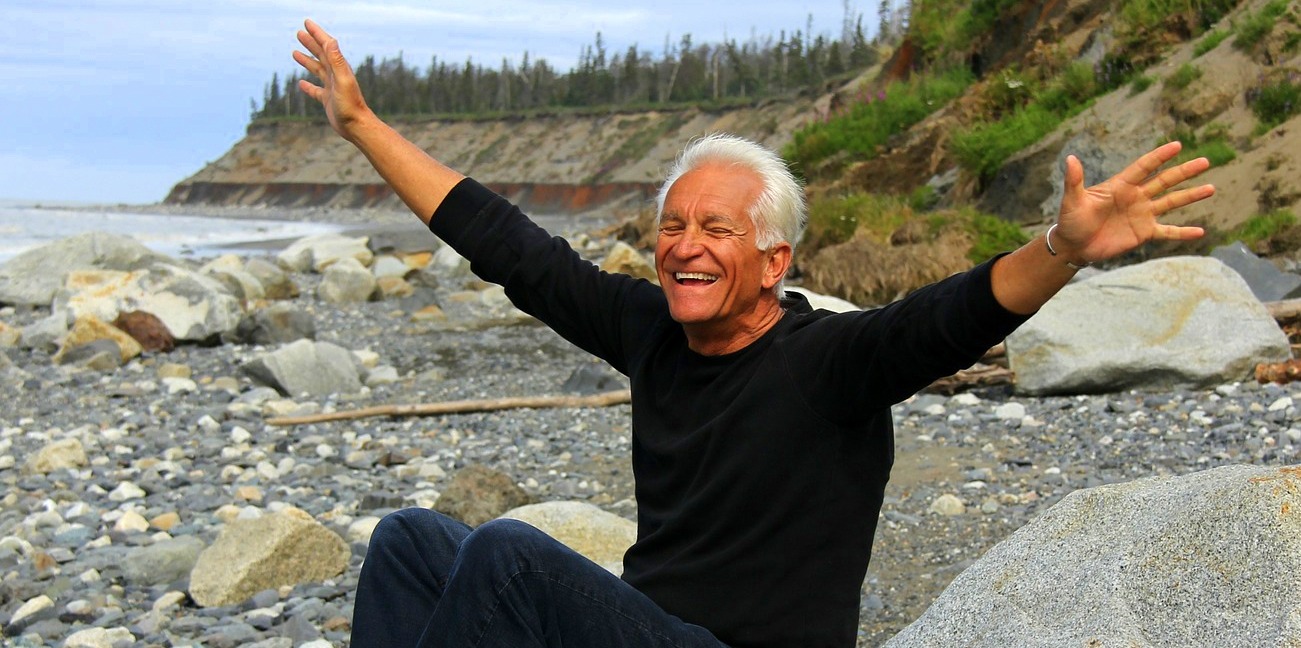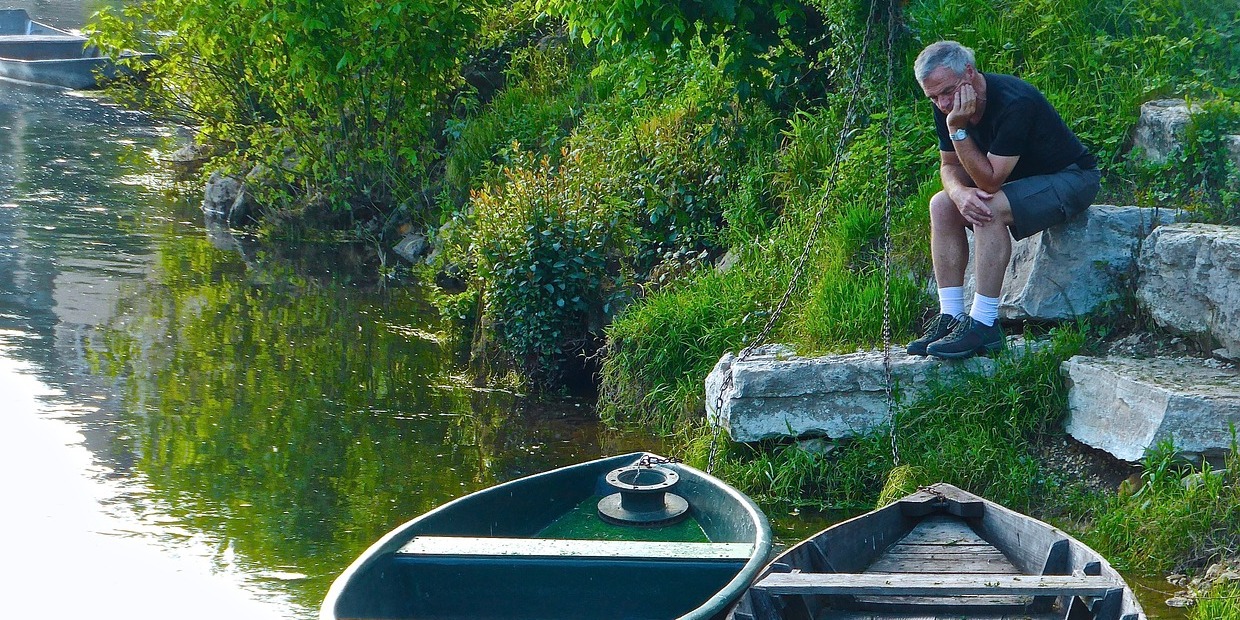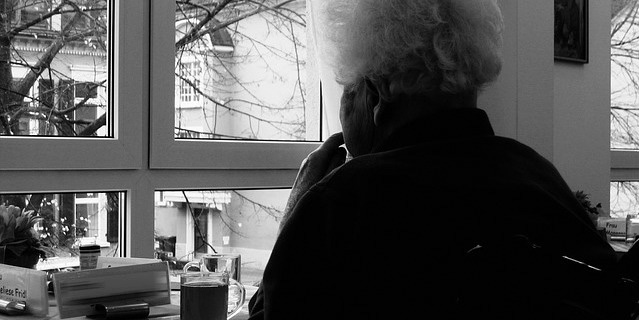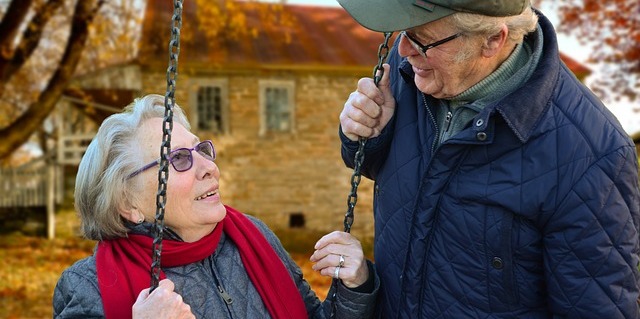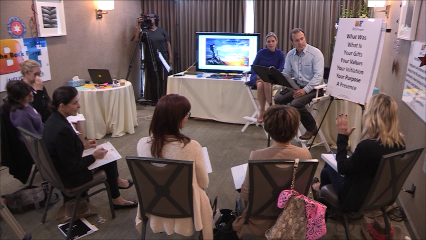1

Call it what you like – phased retirement, gradual retirement, or flexible retirement – but this craze is only just beginning!
In one of my previous posts I talked about the trend of staying in the workforce longer (Read it here). Basically, I explain that the historical concepts of retirement are becoming more and more out of date. The most obvious reason is the fact that, in the past few generations, the average life expectancy has increased by almost 30 years!
With people living longer, healthier lives, it’s no wonder why they are choosing to stay in the workforce longer. Since we are living longer, the money we save for retirement has to last longer. This causes two effects. One, we need to save more money. Two, we need to work longer. Usually, our solution includes a mixture of those two options.
This is what leads us to the new craze in retirement.
Phased Retirement as I call it (although you may call it whatever you wish), is how the world is evolving to change the historical concept of retirement to meet the needs of this age.
Let me walk you through this relatively new concept that is changing how people, companies, and our government is thinking about retirement.
There is currently a process that people go through when they choose traditional retirement, or “cliff retirement”.
For about 3 years before retiring, you are extremely excited about the concept (especially if your current job is stressful). The first year of retirement is extremely stressful. Once you make the plunge you realize that your new schedule lacks in some key areas. Your built in social network from your job is now gone, your previous identity tied to your career is also gone, not to mention that you often feel as if your new life lacks structure and purpose.
However, the next few years of retirement get better. You find yourself in the “honeymoon phase” of retirement when you find new activities and social groups to become a part of. After the honeymoon phase wears off, you will begin feeling like your routine is boring. Finally, after your discontent wears off, you become content with your retired life.
If this doesn’t sound ideal to you, you’re not alone!

This is why phased retirement is becoming so popular. Very few people want to sit around and watch TV all day after they retire, it’s partially what is pushing so many people to continue working long after the standard retirement age.
Phased retirement gives you the ability to relieve some of the financial burden of retirement, reduce the stress of retirement, enhance your personal fulfillment, and keep ties with your social network through your job, while still giving you time for retirement activities like traveling and spending time with family. Ultimately, phased retirement gives you the time you need to prepare for retirement both financially and emotionally.
At this point you might be thinking, “this is sounding like a great idea, but how do I even start?” Well that’s the thing. While phased retirement also helps employers combat the shortage of employees once boomers start to retire and while the IRS is considering regulations to establish guidelines for creating and administering phased retirement programs, only 6% of companies currently have formal phased retirement systems in place.
However, don’t fear, because I have some tips and tricks for negotiating a phased retirement with your company regardless of if they have any systems in place.
Phased Retirement Helps Your Company
By phasing out of your company, you are giving your supervisor plenty of time to find needed replacements. You are also helping your company cut costs while keeping your unique knowledge at their disposal. Here are a few tips for negotiating a new phased retirement schedule with your supervisor:
-
Offer to work during busy times for your company or when the workload is heavy. Depending on your job, this might be seasonal, during peak hours each day, or on certain days of the week.
-
Offer to mentor younger employees. The last thing your company wants is to lose all of the knowledge you have gained over the years working for them. By mentoring a younger employee (potentially to take your place) your company can be ensured that your eventual retirement will be a smooth transition.
Before Talking to Your Supervisor, Research These Things!
Don’t run into your supervisor’s office before doing your research. Look into the topics below so that you can come up with a solidified plan before reaching out to your supervisor.
-
Watch out for pension/retirement fund problems. Make sure that decreasing your salary won’t adversely effect your pension. If your pension is based on your income over your last five years of work, cutting your salary isn’t the best idea. If this is how your pension is set up, consider “retiring” from your current job on schedule and picking up a new part-time job to transition into retirement.
-
Check the minimum requirements for full health coverage for your company. If you are under the age of 65 (aka, you don’t qualify for medicare) you want to make sure that you will still be working enough hours to receive your full benefits.
-
Look into Social Security withholdings. This is the most complicated step, but don’t worry, I’ve got you covered. First of all, it is important for you to know that you can work and still receive Social Security benefits! That being said, if you are making “too much” for your age bracket things can get a bit more complicated. Before getting into the details, let me give you one extra tip. You will need to know your “full retirement age” according to the Social Security Administration. Click here to calculate your “full retirement age” now. Now that you know your “full retirement age” look below to see where you might fall when you retire and how to best utilize your Social Security Benefits:
-
If you are shifting to phased retirement between the ages of 62 and your “full retirement age”: you can earn $15,720 in 2016 without being penalized. If you are making more than that, it isn’t necessarily a cause for alarm. For each dollar you make above that maximum, Social Security will withhold 50 cents.
-
Once you reach your “full retirement age”: you can earn up to $37,680 per year. If you are making more than that, your penalty goes down to 33 cents for each extra dollar earned.
-
Once you are above your “full retirement age”: you can earn as much as you like with no more penalties or withholding’s.
Now, here is the really good news. If you fall into one of the situations where part of your income is being withheld by the Social Security Administration, you will get it back once you are above your “full retirement age”! Once you reach that age, your social security check will be recalculated to give you credit for all of the previously withheld payments! (If you have any more questions about how your Social Security is effected when you start to retire, their website is full of useful information!)
Now that you have done your research, you are ready to talk to your supervisor.

Negotiate Your New Schedule With Your Supervisor
When negotiating your schedule, keep in mind all of the above information. Also, realize that you will need to settle on some new requirements. The main point of your phased retirement is to start letting go of different aspects of your job.
-
Choose your responsibilities carefully. Make sure that you aren’t just “giving up” the responsibilities that you don’t enjoy. Think about which of your responsibilities are the most important for the company. Also, which responsibilities currently need to be required during times when your new schedule might not have you at the company. Set up a schedule to slowly start giving up responsibilities (starting with the ones that require the least extra training for whoever takes those responsibilities over). This is made easier if you are mentoring your eventual replacement.
-
Settle on fair pay. Keep in mind that you are working less. You might have to give up some of your full-time perks as well as some of your income. Don’t be shocked if you’re asked to give up your parking spot right in front. Remember that you are trading your extra income and perks for more personal time to do what you enjoy. Think about what perks are the most important to you as well as how much you should be compensated for your new schedule.

Now you are ready to start your phased retirement journey! The only thing left to do is decide how to enjoy your extra time off!

Sources:











